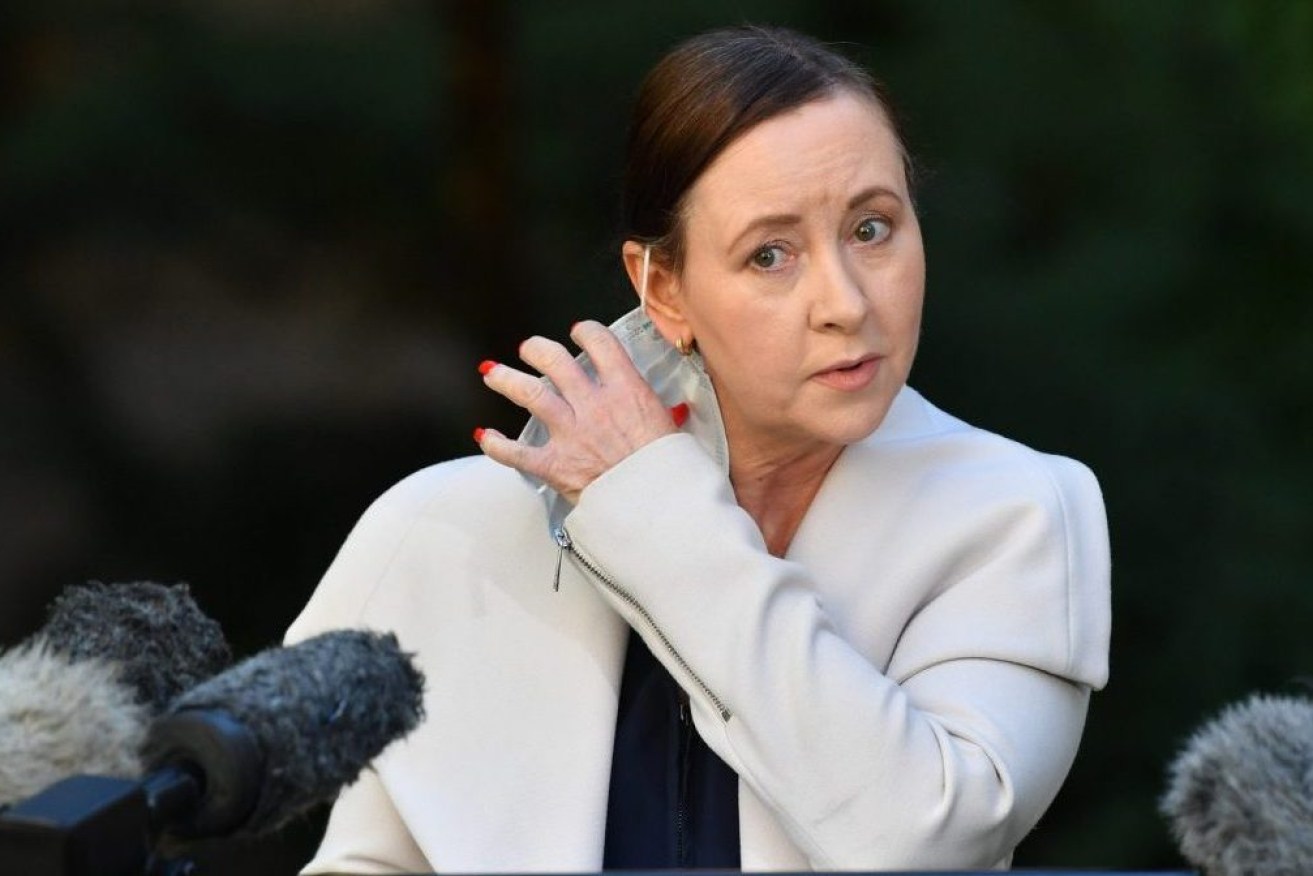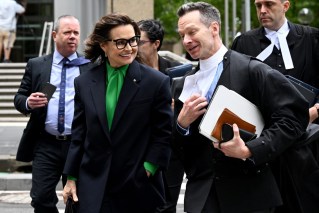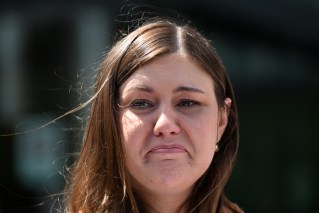Hospital pass: State Government’s blame shifting reaches Olympian heights
A parliamentary committee report into Queensland’s health system sets a new benchmark for blame shifting — even for the Palaszczuk administration, writes Robert MacDonald.


Queensland Attorney-General Yvette D'ath. (AAP Image/Darren England)
If buck passing were an Olympic sport, the Queensland Government would have to be a gold medal favourite.
Blame shifting has always been a key strategy for the Palaszczuk administration.
A surge in Queensland Covid-19 cases? Blame the Federal Government for a slow vaccine rollout.
If that’s not enough, blame geography. We’re a big state after all.
A surge in youth crime? Blame the magistrates.
A funding shortfall for this or that project? Blame the Feds for not coughing up.
Queensland’s public health system can’t keep up with demand?
Blame the Commonwealth of course.
Which is exactly what State Parliament’s Health and Environment Committee has just done.
The Labor-dominated committee tabled a report on Friday that sets a new benchmark for buck passing.
Last year the Government was facing growing public and professional concern about the ability of the state’s hospitals to cope, even without Covid-19.
Health Minister Yvette D’Ath did what all under-pressure politicians do in such circumstances – she announced an inquiry.
Well, not so much an inquiry as a hit job.
The very title of the just-tabled report gives the game away; “Inquiry into the provision of primary, allied and private health care, aged care and NDIS care services and its impact on the Queensland public health system”.
These are the bits of Australia’s health system that are Commonwealth responsibilities.
In other words, this was an inquiry into the shortcomings of federally funded and run programs, not a serious assessment of the State’s own health care responsibilities.
And guess what?
The Labor members of the committee found that the state’s health system was indeed stretched and under pressure.
But whose fault was that? The Federal Government’s, of course.
“The Australian Government is responsible for aged care and primary health care, and quite frankly both need fundamental improvements in accessibility, availability and funding,” writes committee chair, Labor MP for Thuringowa Aaron Harper in his foreword.
The report argues the Federal Government is dropping the ball in its areas of responsibility and that the State is increasingly having to pick up the slack.
A shortage of rural GPs for instance – a federal responsibility – means more people are turning up at Emergency Departments –a state responsibility – for non-urgent matters.
And a decline in private health coverage – again a federal matter – means more demand for state-based public health services.
That’s what’s putting pressure on the system, not any failure on the State Government’s own part, apparently.
No doubt, the Federal Government could spend more – you can never spend enough on health.
And both levels of government could and should be working more closely together to manage those parts of their respective health responsibilities that overlap.
But the report skates over any potential failings or shortcomings of Queensland’s part of the health system.
It’s a point the two Opposition members on the committee, Rob Molhoek and Sam O’Connor make in a dissenting opinion.
“What this inquiry failed to look at was Queensland Health’s own backyard,” they write.
The inquiry, they say, “has been used as a political weapon to blame the Commonwealth Government for the significant problems across Queensland’s public health system in the shadows of a federal election”.
They point to the committee’s 40 recommendations as evidence, 36 of which call for action by the Commonwealth Government.
“Only 14 recommendations even mention the Queensland Government and even then, they’re vague requests to follow things up.”
Only four recommendations actually are addressed to the State Government.
“There is no more clear indication about the motives behind this inquiry than these very numbers,” Molhoek and O’Connor write.
If you need more evidence about the political stunt-driven nature of this exercise, look at its timing. D’Ath announced the inquiry in mid-November last year, to report four-and-a-half months later.
That’s a tighter-than-normal deadline for such inquiries but has meant the delivery of a report bashing the Coalition national government just weeks before the federal election.
The really insulting thing about this whole process is not so much the blatant buck passing – as noted, that’s par for the course for the Palaszczuk Government.
Rather, it’s the co-opting of lots of people who take public health really seriously, including, presumably, the committee’s members, into what is, ultimately, nothing more than a not-so-cheap political stunt.
The committee received 79 submissions – from the Royal Australian College of General Practitioners and the Australian College of Nursing to private citizens — and held 11 public meetings around the state.
It then drew the only conclusions it could, given the strict terms of its brief – that the Commonwealth should spend more time and money on fixing up its part of the national health system.
Now that it’s got this report to consider, what will the Palaszczuk Government actually do with it, apart from using it to shield its own failings in the public health sector?
Probably not much other than trying to weaponise it during the next few weeks of electioneering.
All of which raises a related question – if Anthony Albanese leads Labor to victory on May 21, who is the State Government going to blame then?












